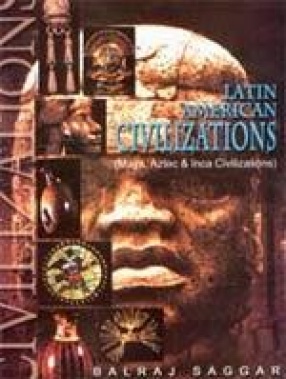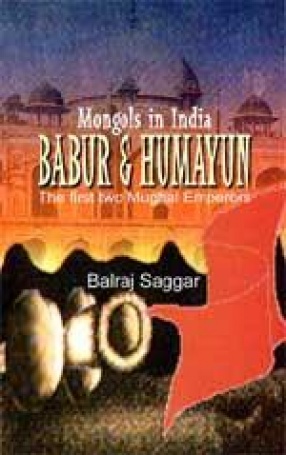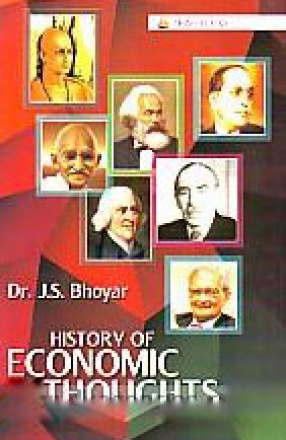Here-In you get a fascinating study of those unknown who contributed 60% of the domesticated plants in the world. Prior to the discovery of America in 1492, the Old World had no knowledge of maize, potato, cacao, papaya, rubber and a host of other plants. They had no wheel, no hard metal to make tools and no draught animal to carry heavy loads or pull huge pieces of stone, still the Mayas, the Aztecs visitor spellbound in awe and wondering as to how they could build these monuments. The gold and silver smiths producted marvels of craftsmanship. But a few of these precious artifacts have survived the greed and lust of gold hungry Spaniards and can be seen in museums only. Their cities were well laid out and planned according to some grand scheme and were properly maintained. On November 8, 1519, when the Spaniards entered the Aztec capital, they found it a fabulous city of 2,00,000 people and much larger than London, the biggest city of Europe at that time. The Mayas seem to be obsessed with the study of mathematics and astronomy. Using only three symbols, they could write any imaginably larger number. In reckoning time, their earliest recorded date is over 400 million years before AD 766. In the field of astronomy, their average lunar month was less by 32.382 seconds of the actual value and the length of their Venus year differed from the earl value of 583.92 days by just 23 seconds. The lncas had no written language. Still they were able to keep the latest detailed statistics of their vast empire. Their administration ensured that no subject slept hungry. Their roads had no parallel road system in the Old World. Their roads cross the mountain streams, they built were kept quite clean and repaired regularly. But how they could construct these long0lasting bridges is a mystery. A great resemblance in customs, beliefs and ways of life of the Latin American people and the Aryans of India is apparent that gives rise to the speculation of a possible link between the two. But no direct link between America and India in the past has come to light so far.
Latin American Civilizations (Maya, Aztec & Inca Civilizations)
In stock
Free & Quick Delivery Worldwide
reviews
Bibliographic information
Title
Latin American Civilizations (Maya, Aztec & Inca Civilizations)
Author
Edition
1st ed.
Publisher
ISBN
8181500148
Length
x+189p., Glossary; Bibliography; 25cm.
Subjects






There are no reviews yet.